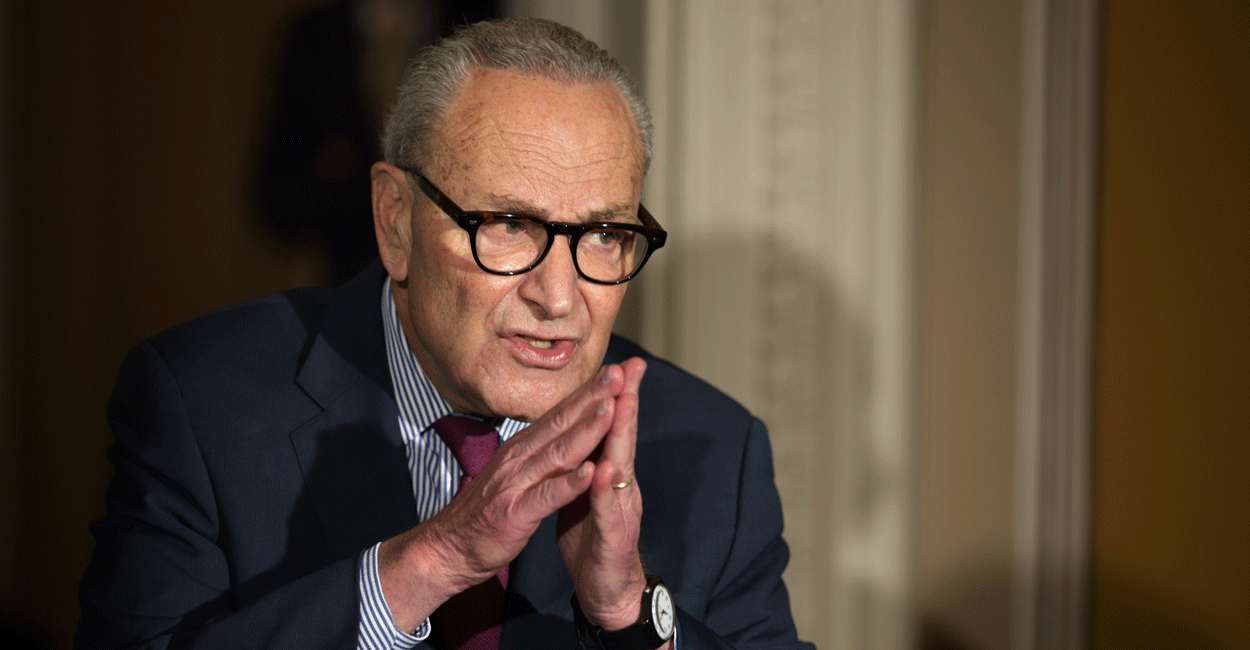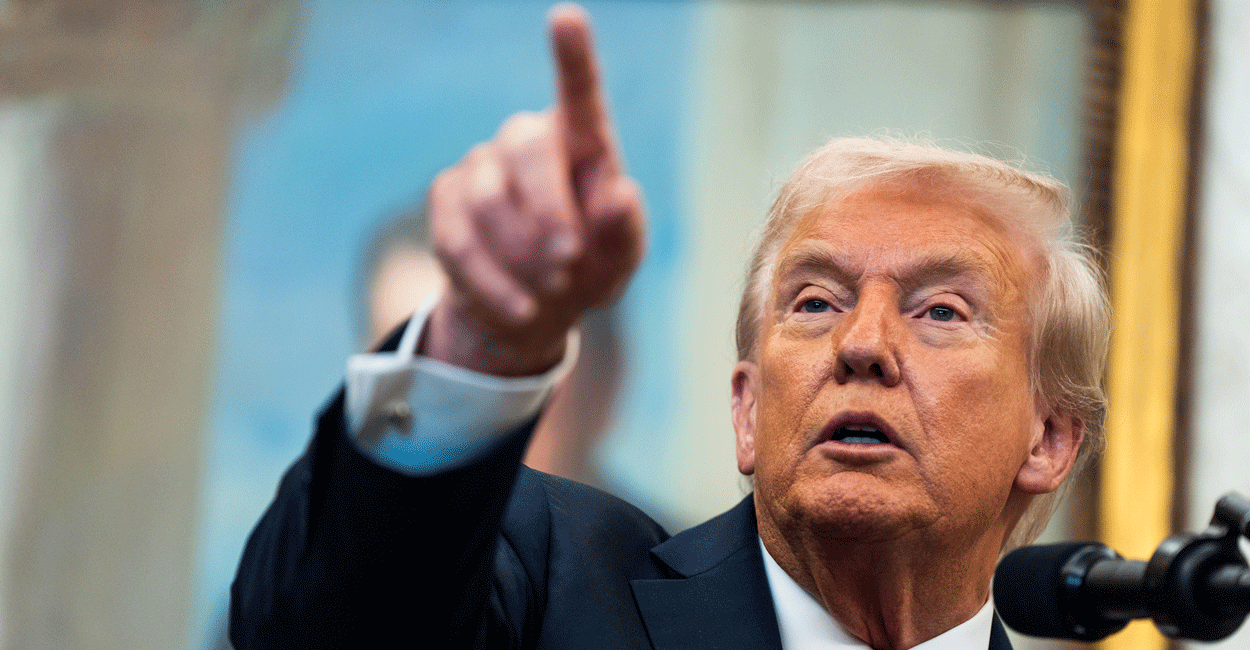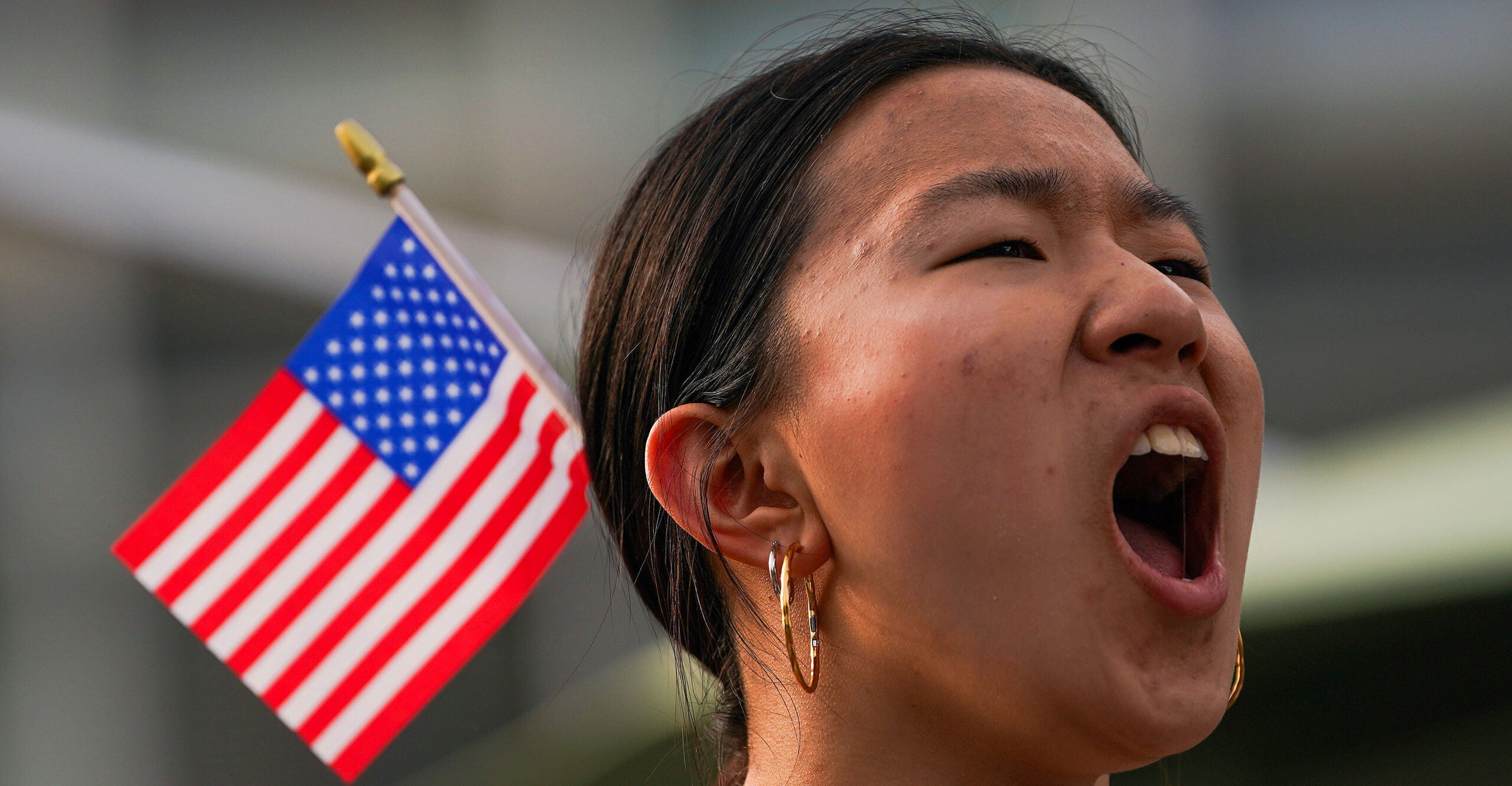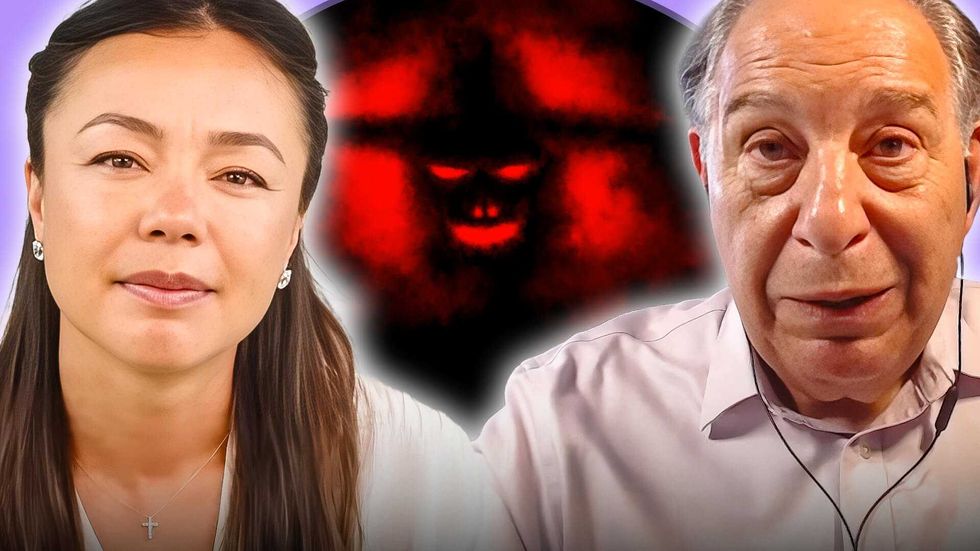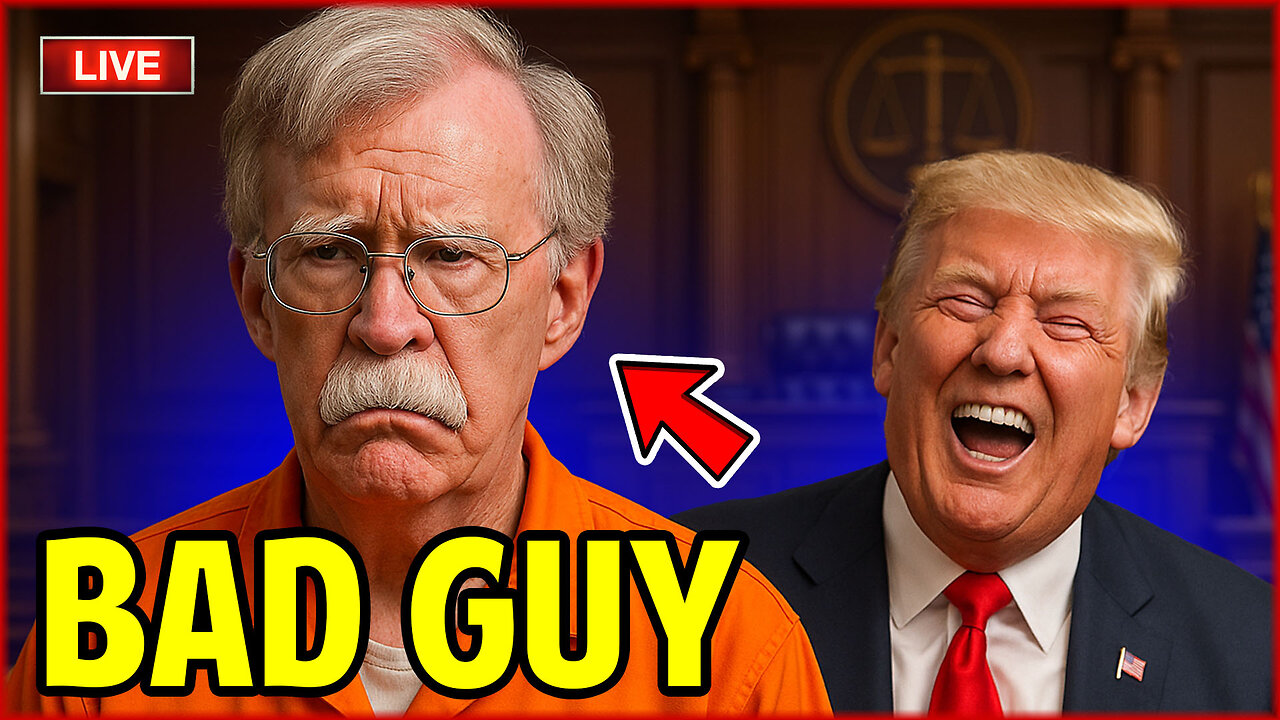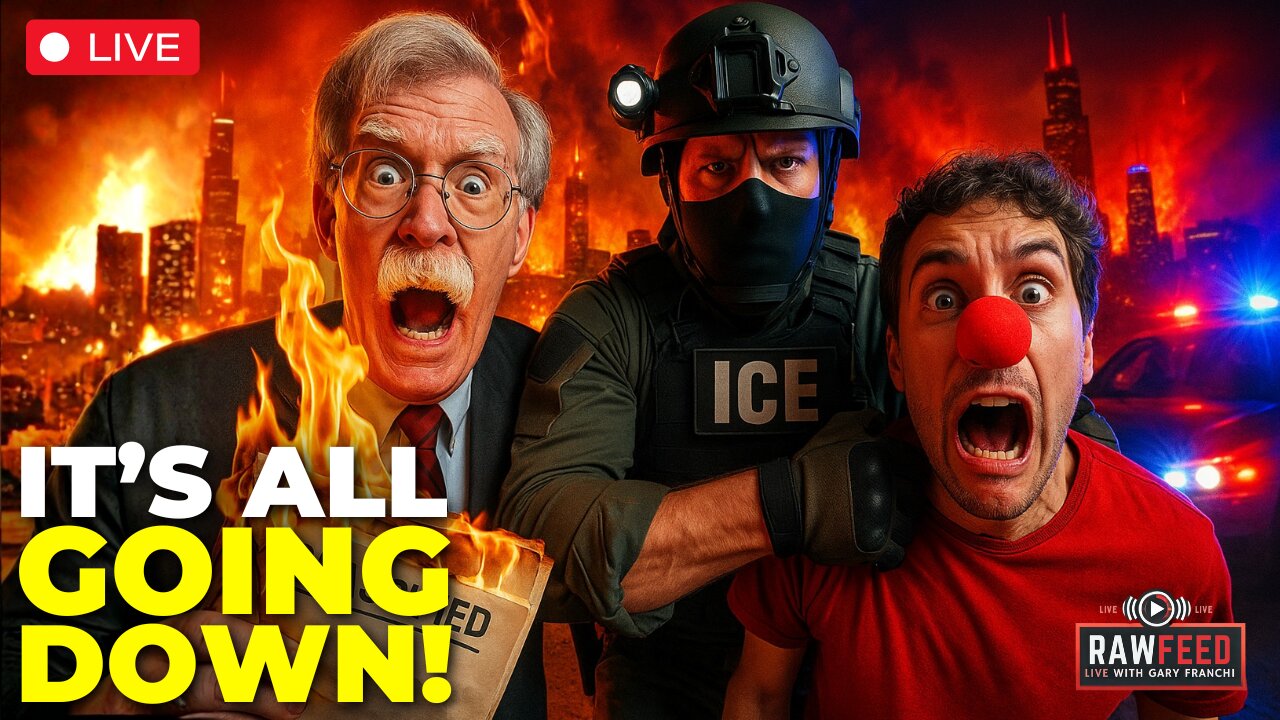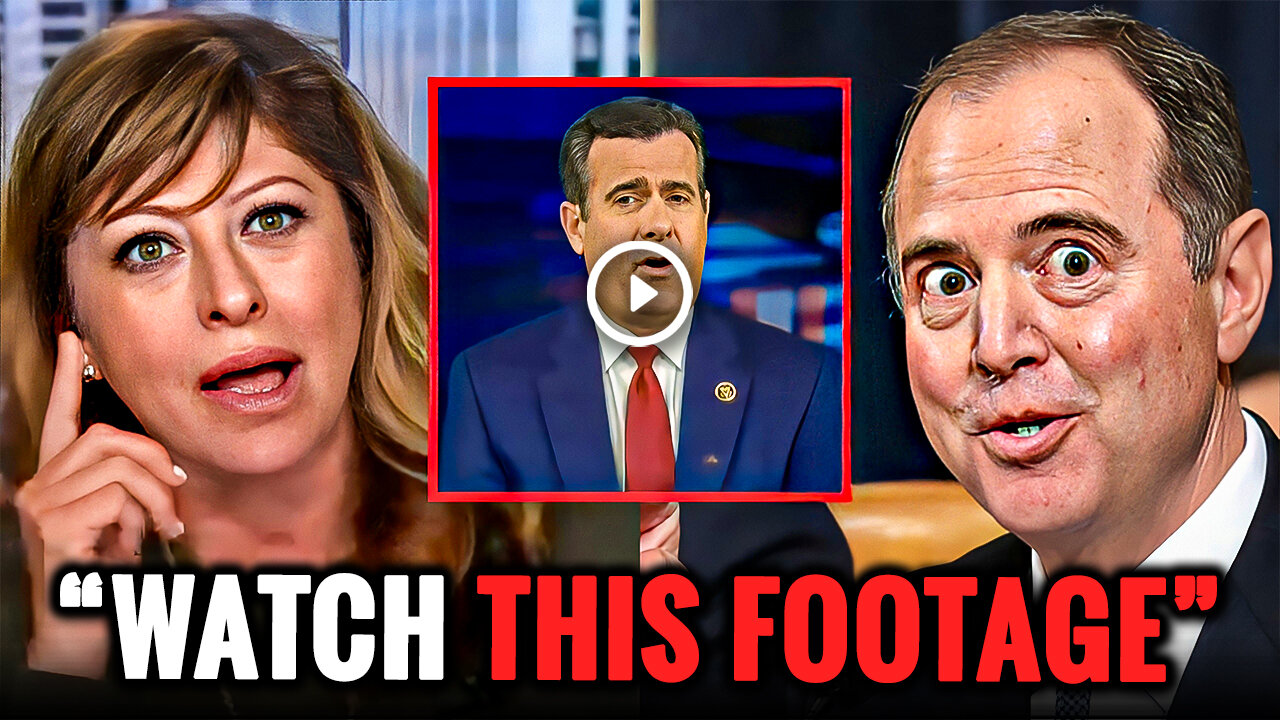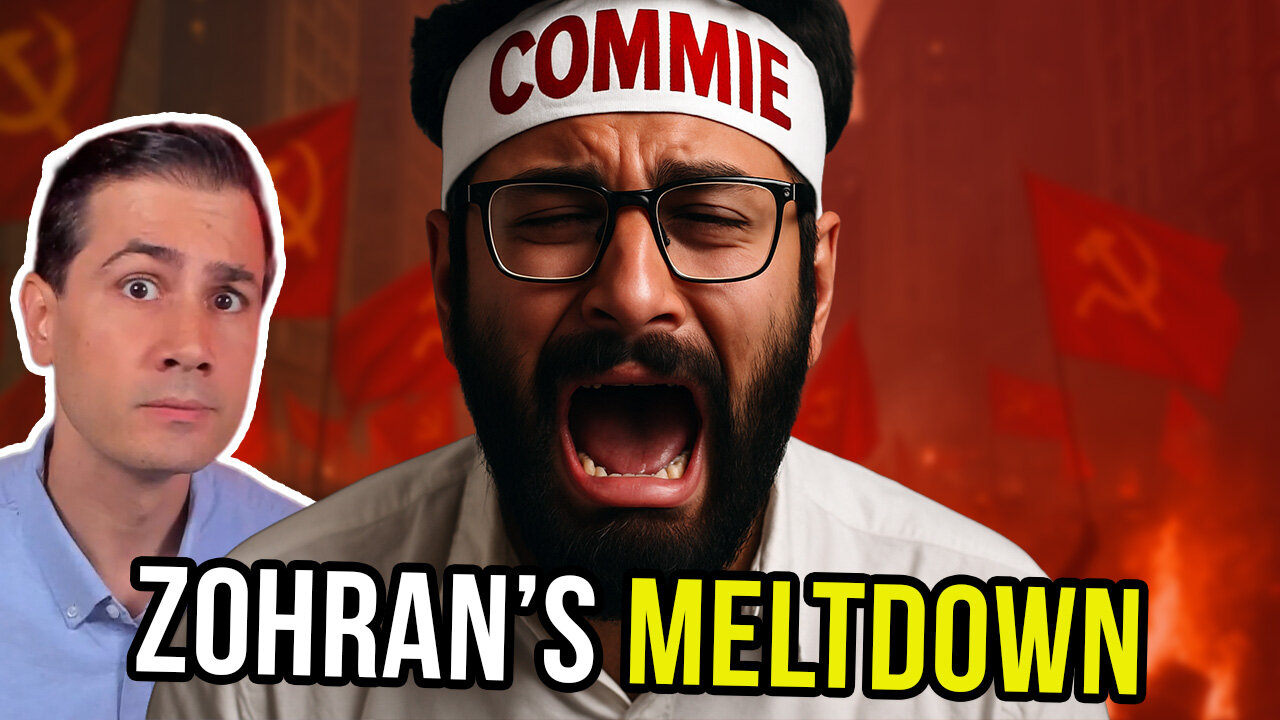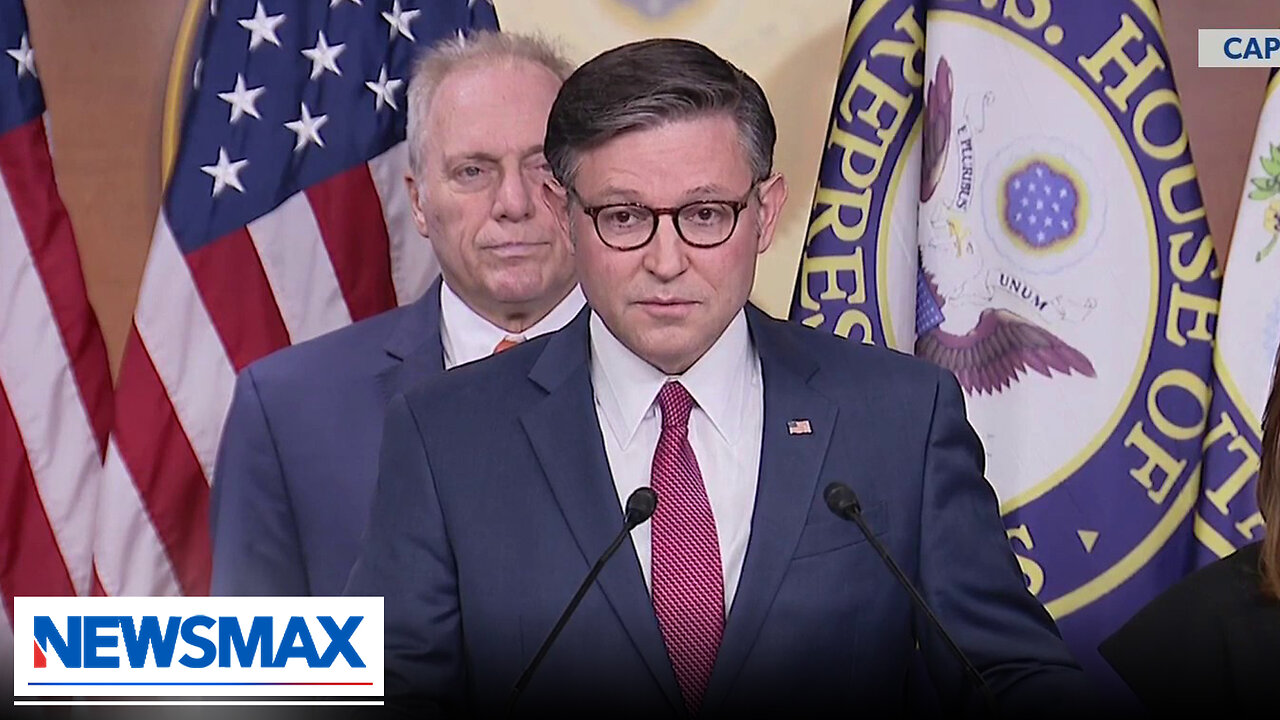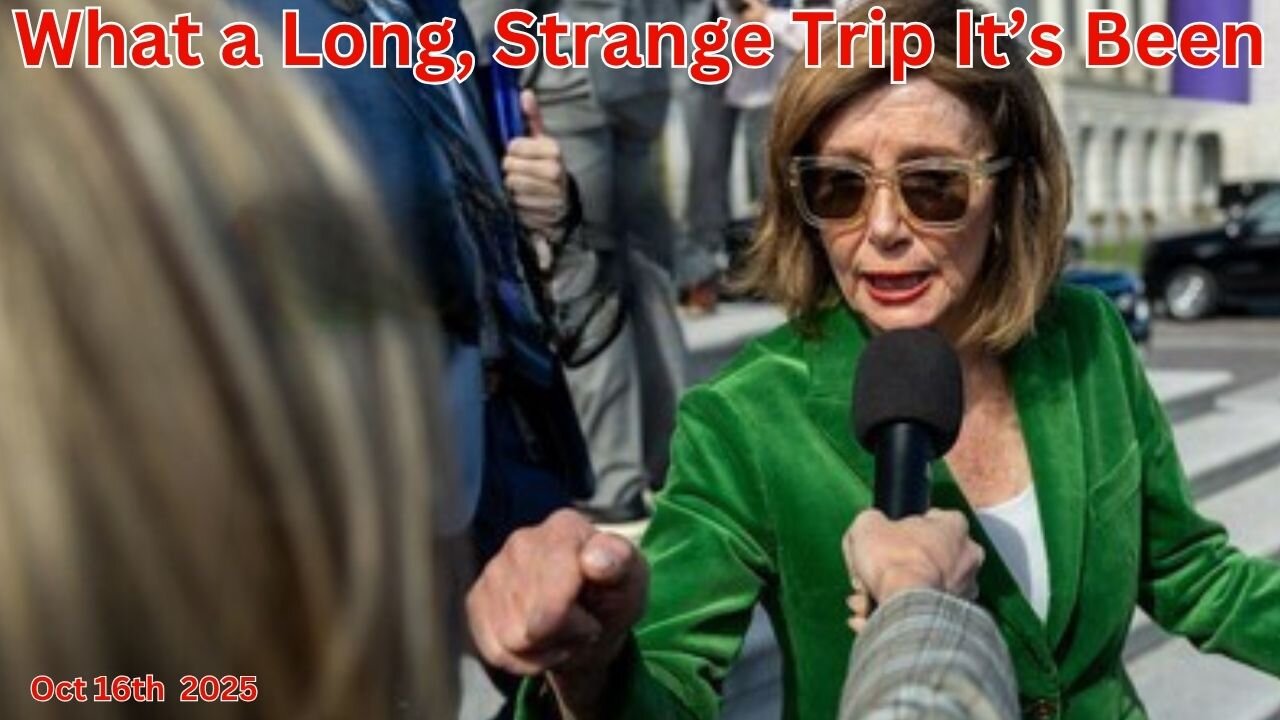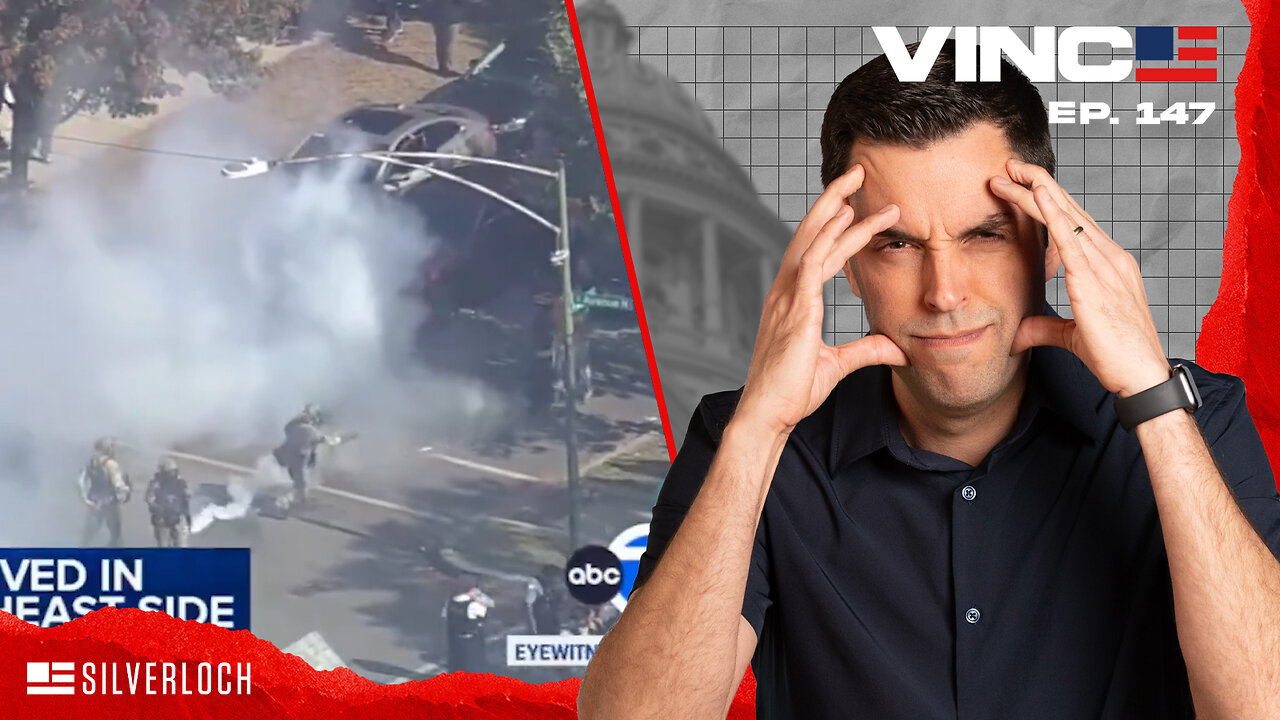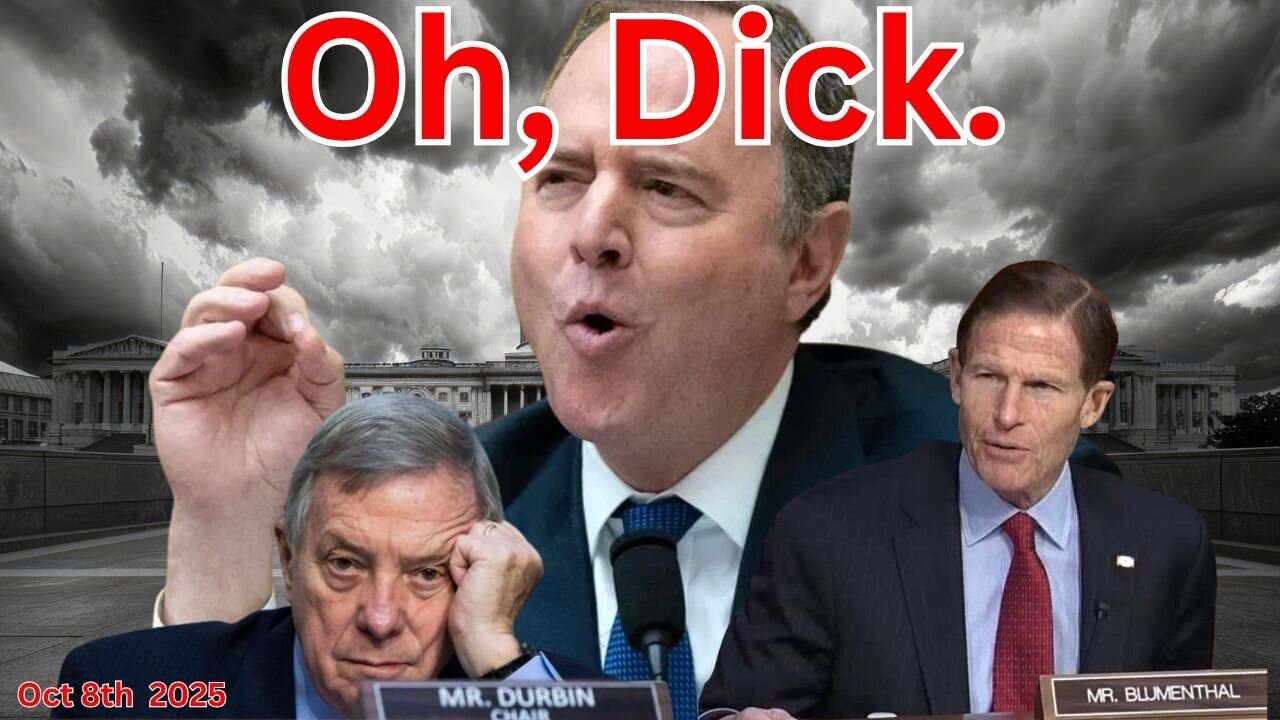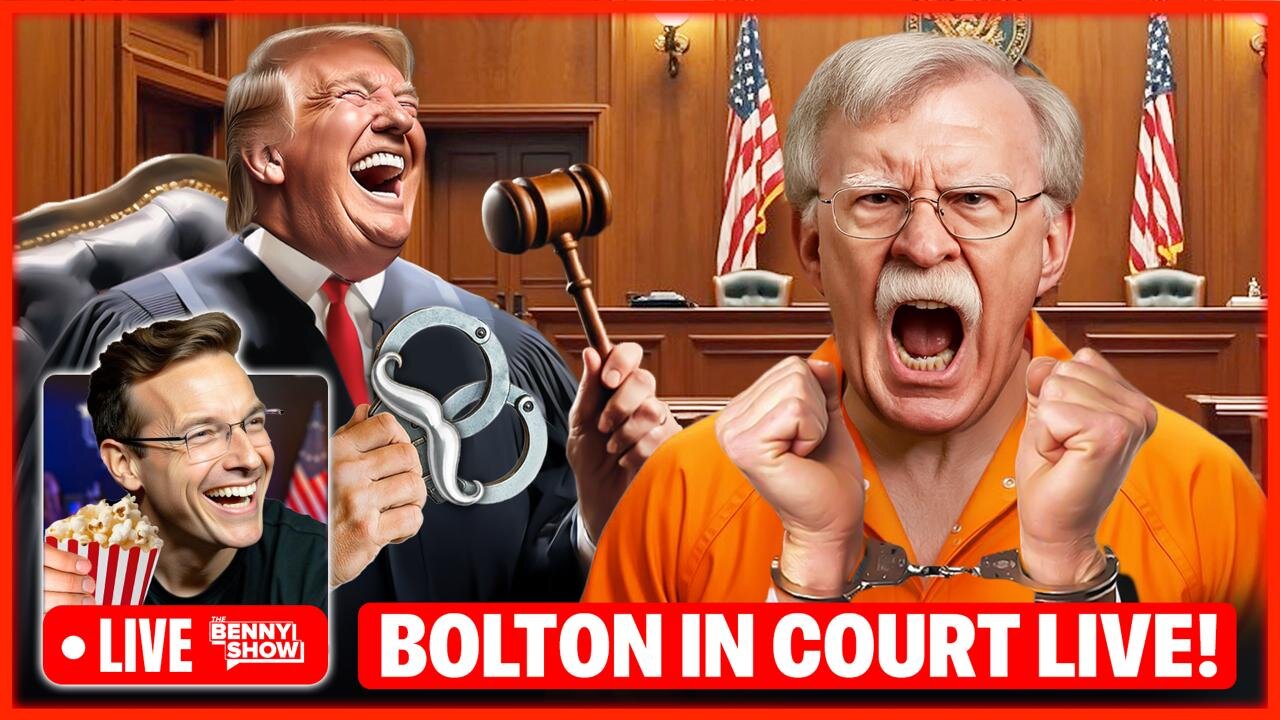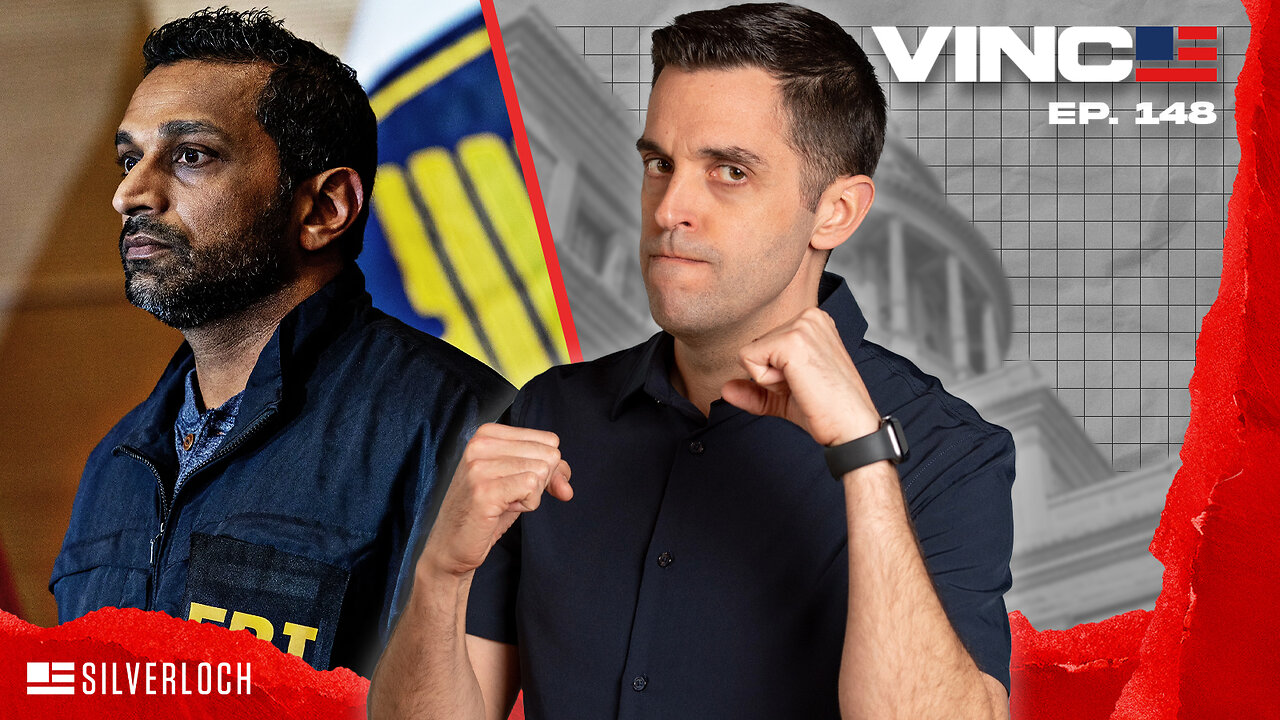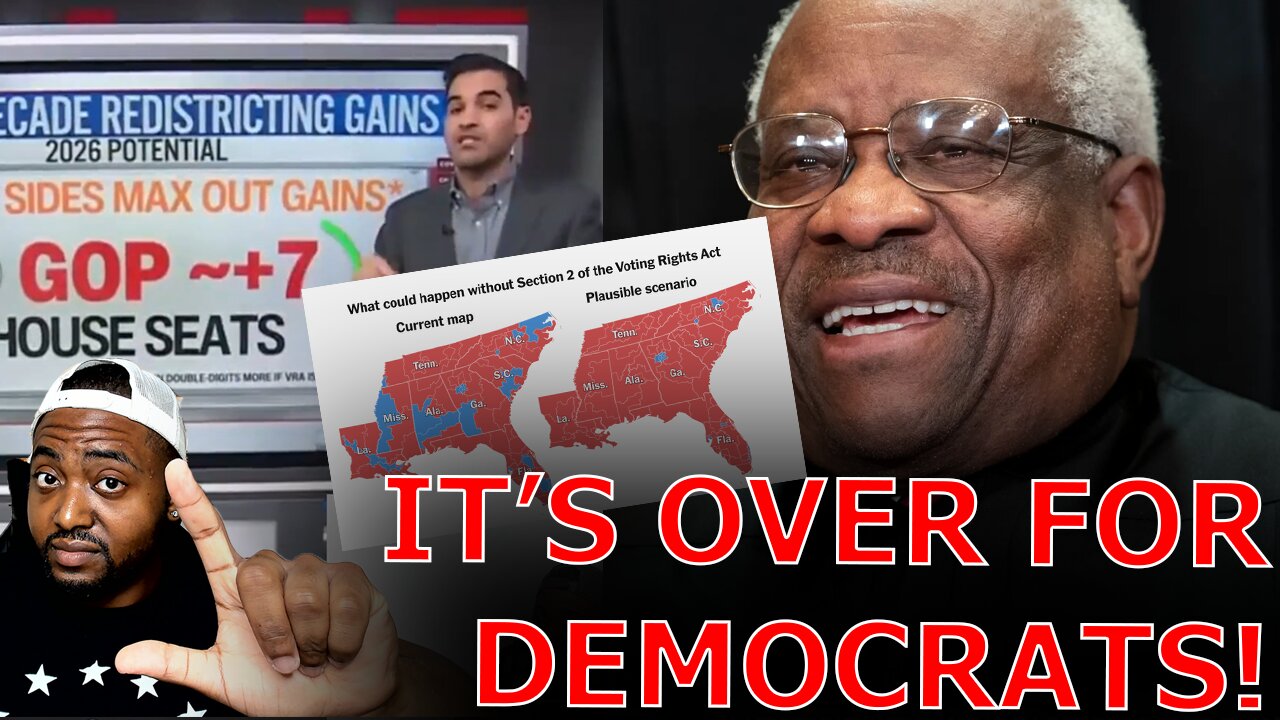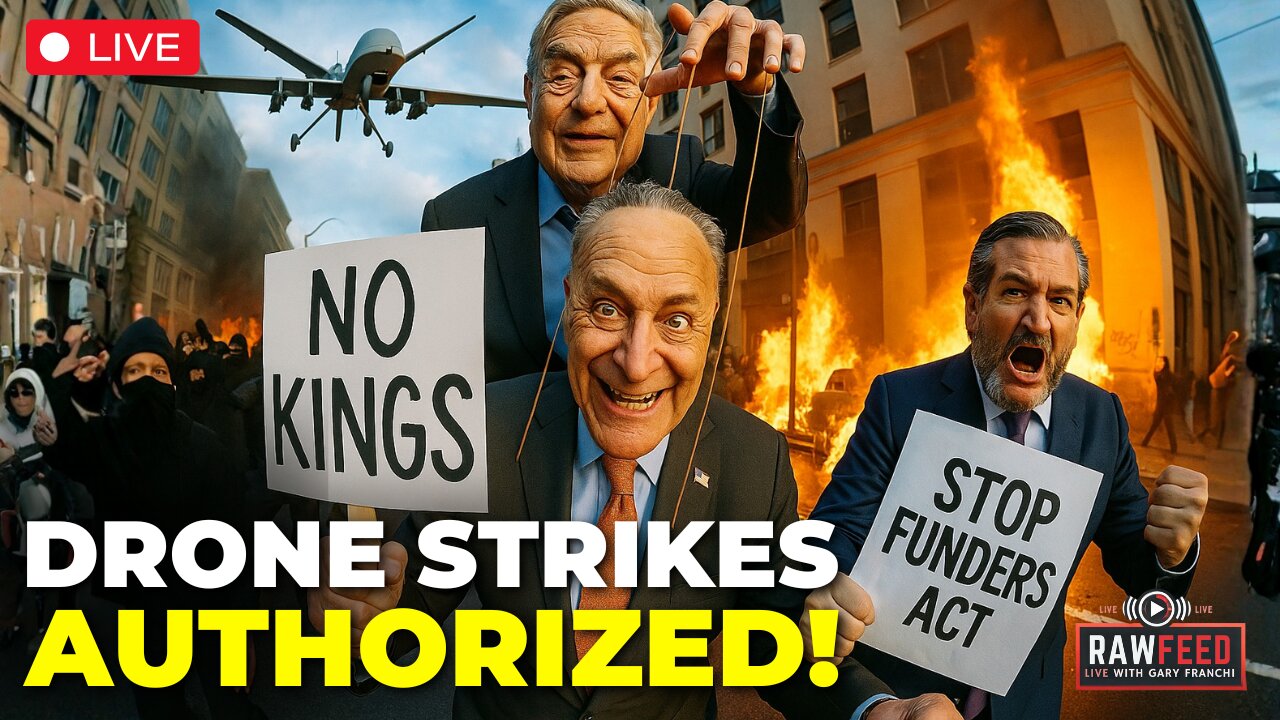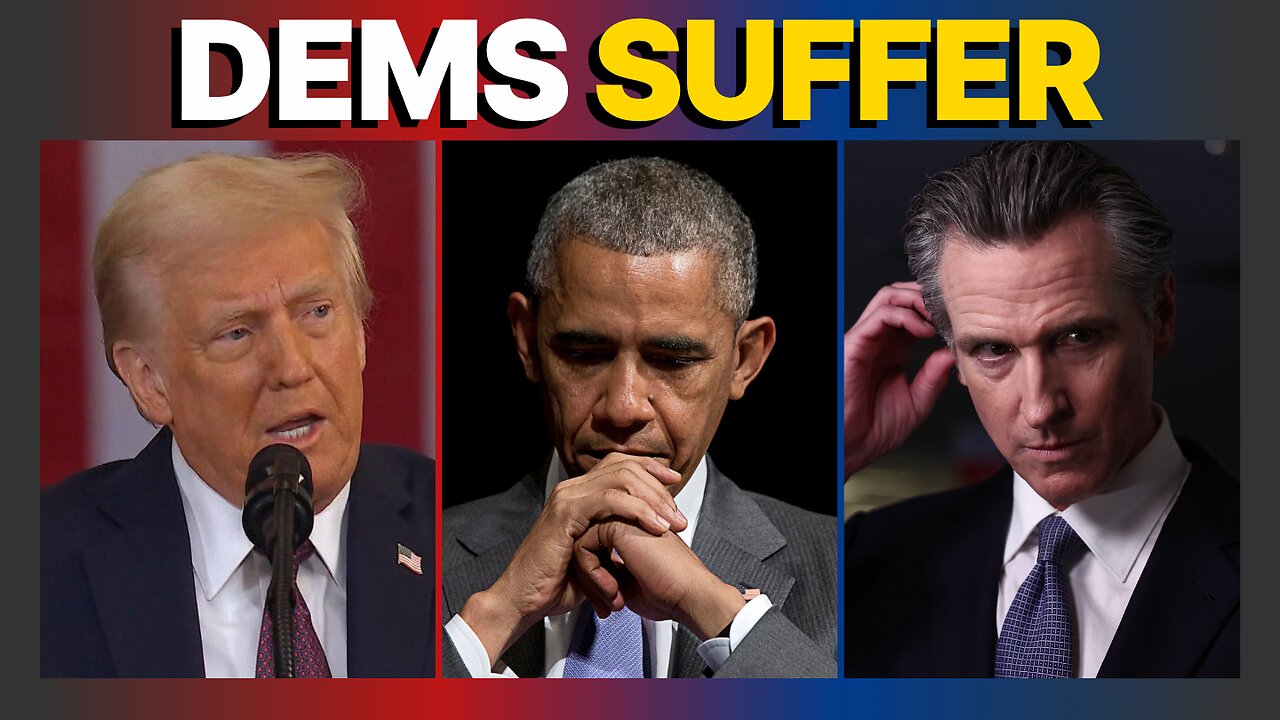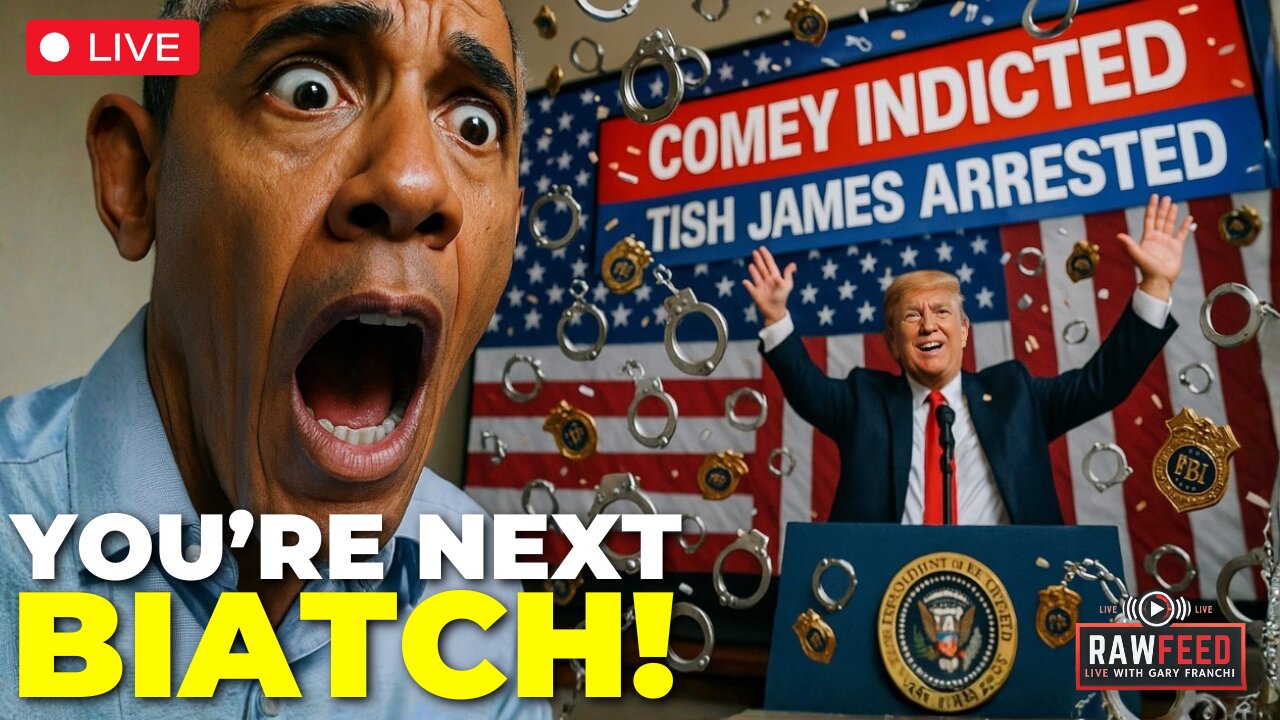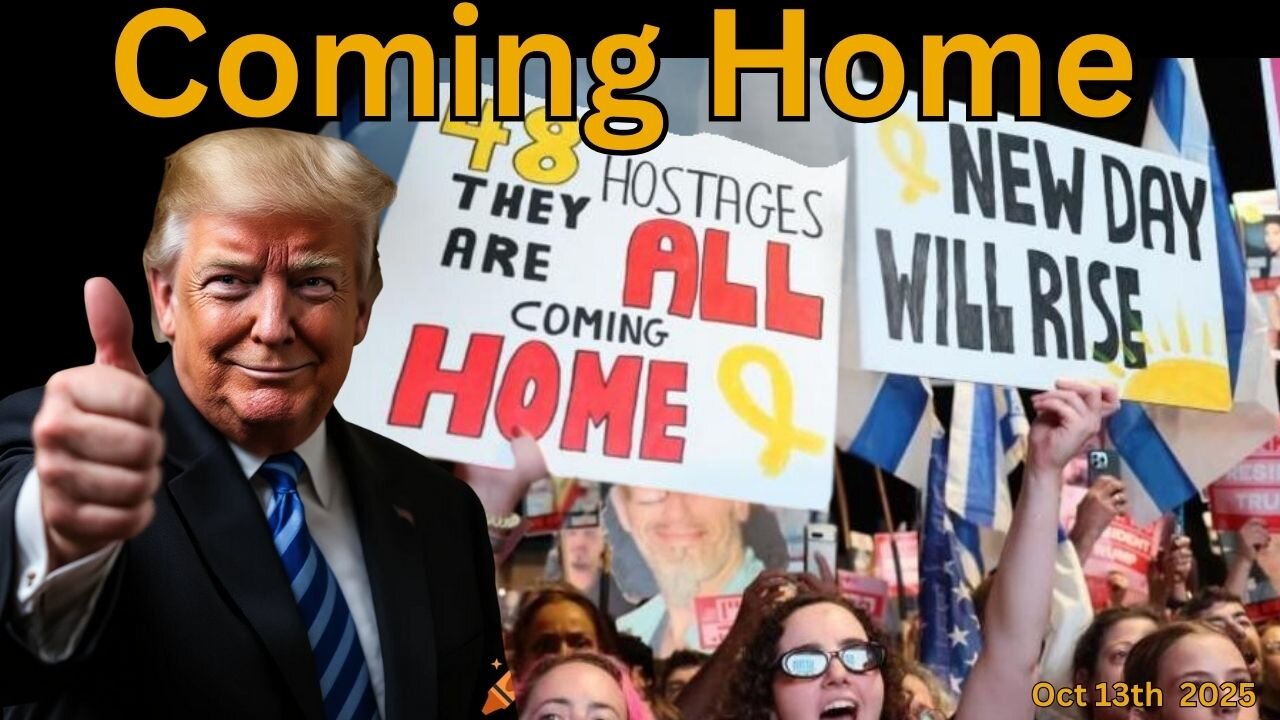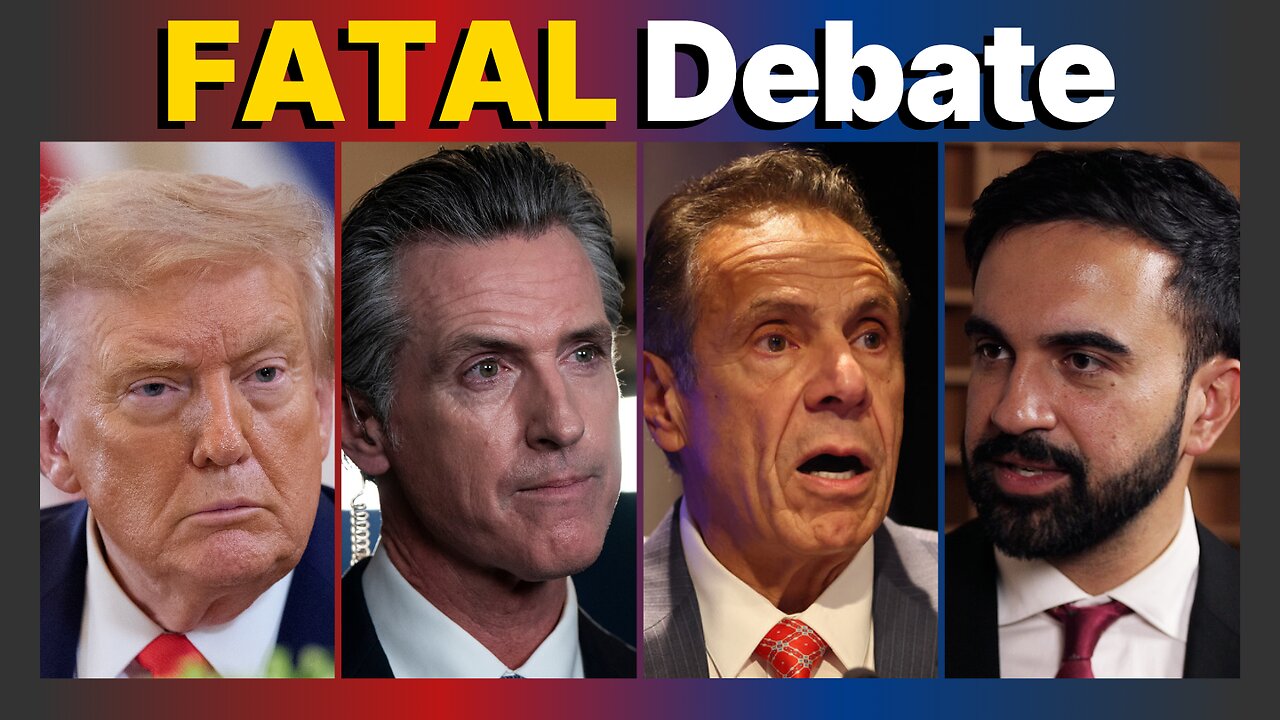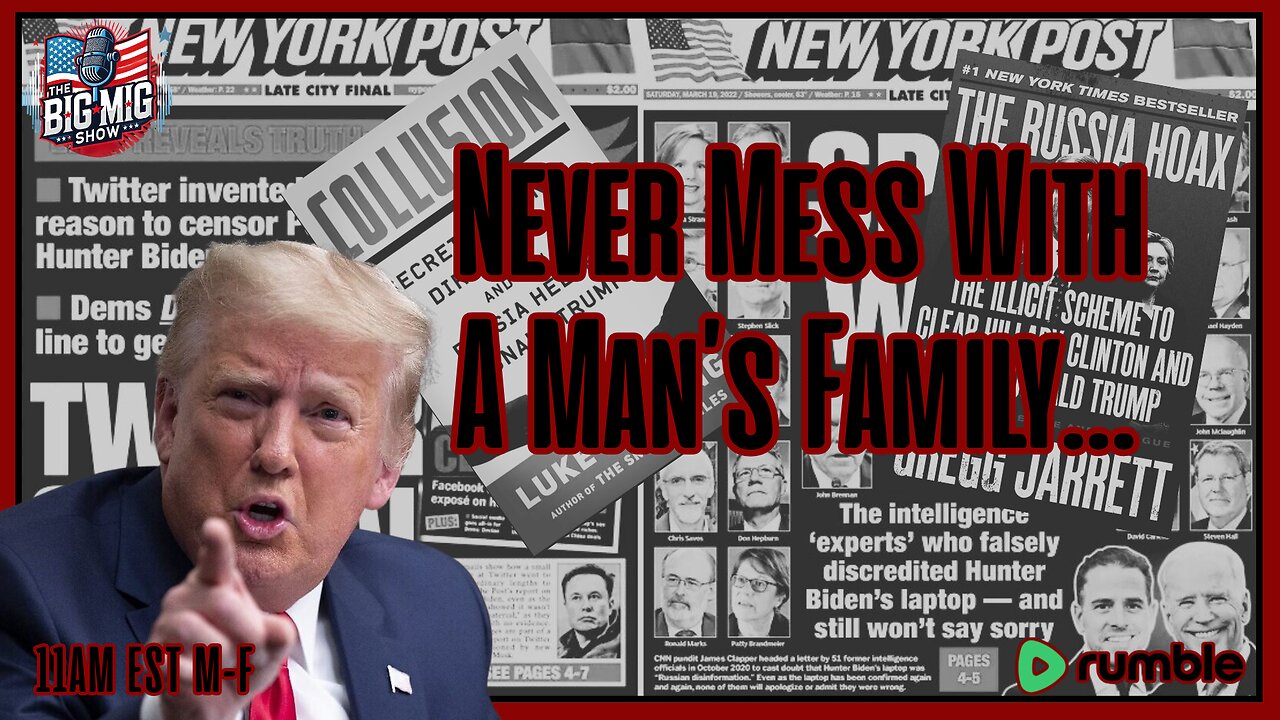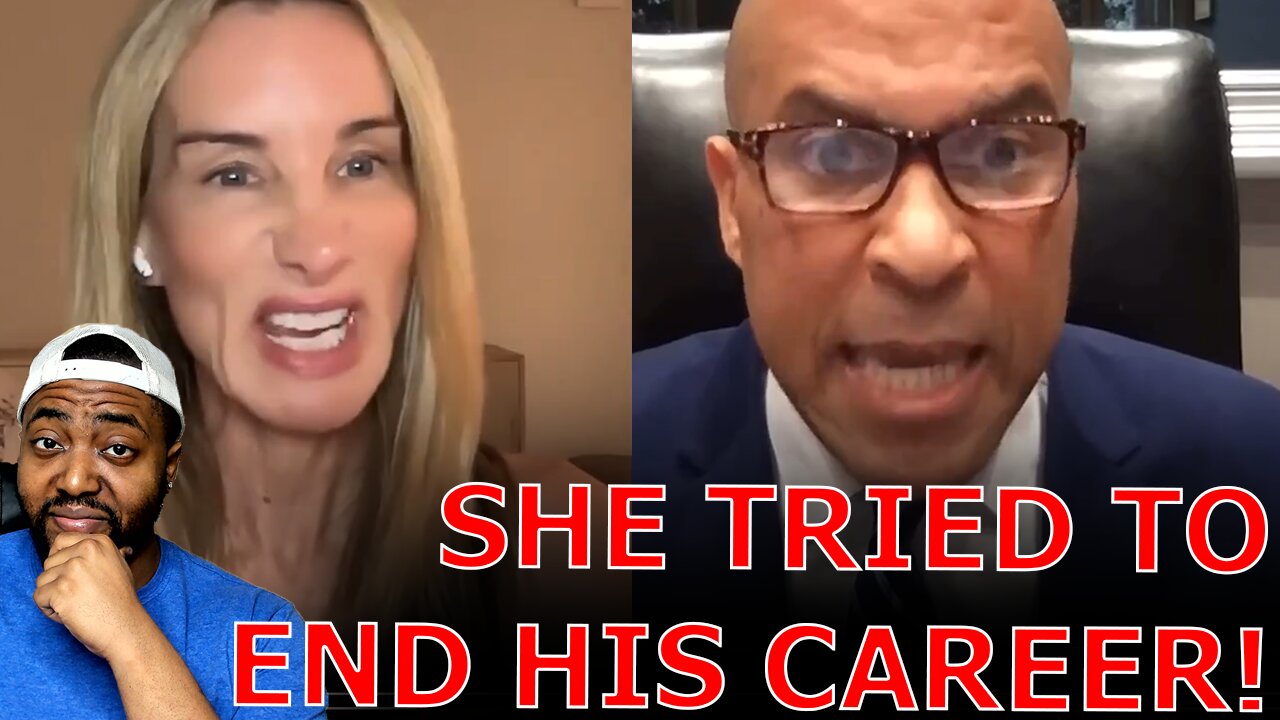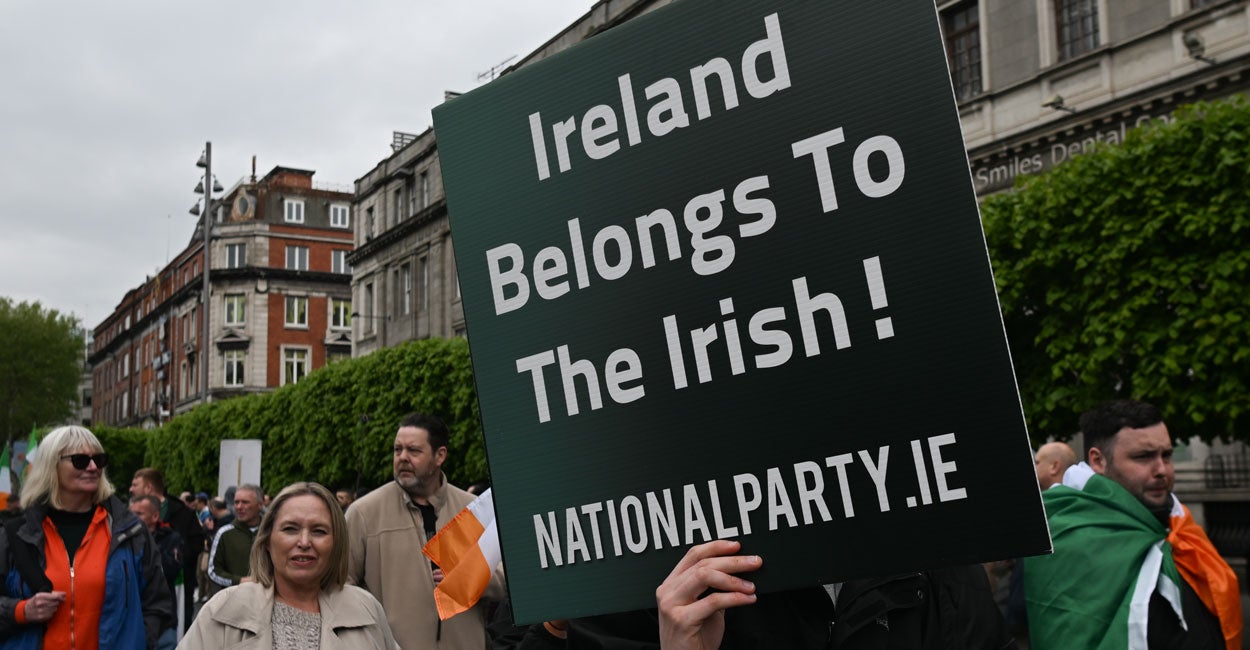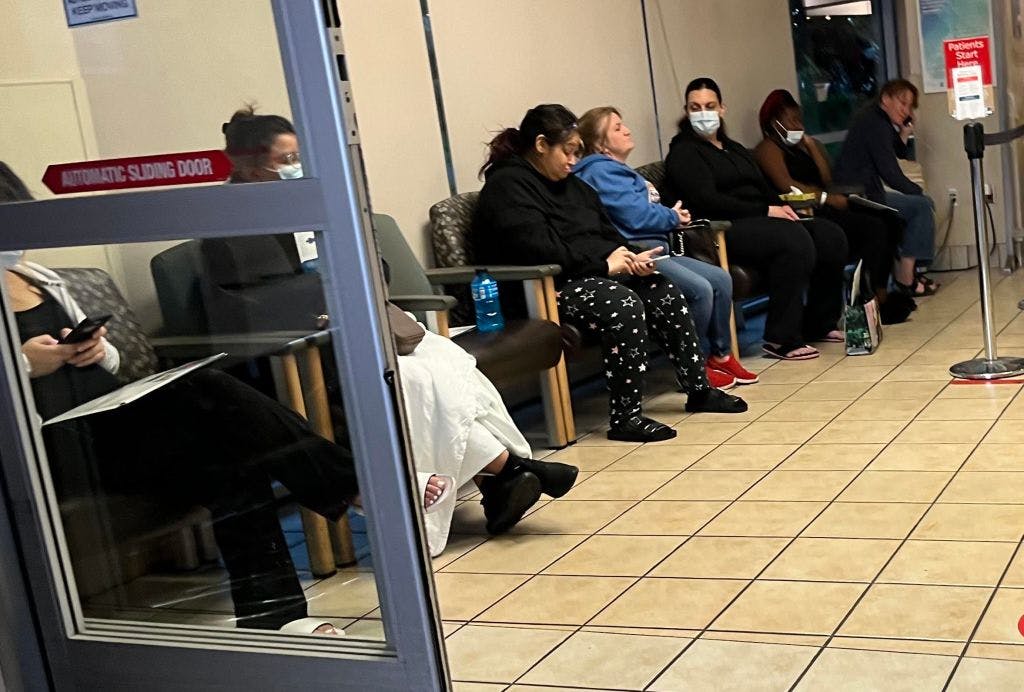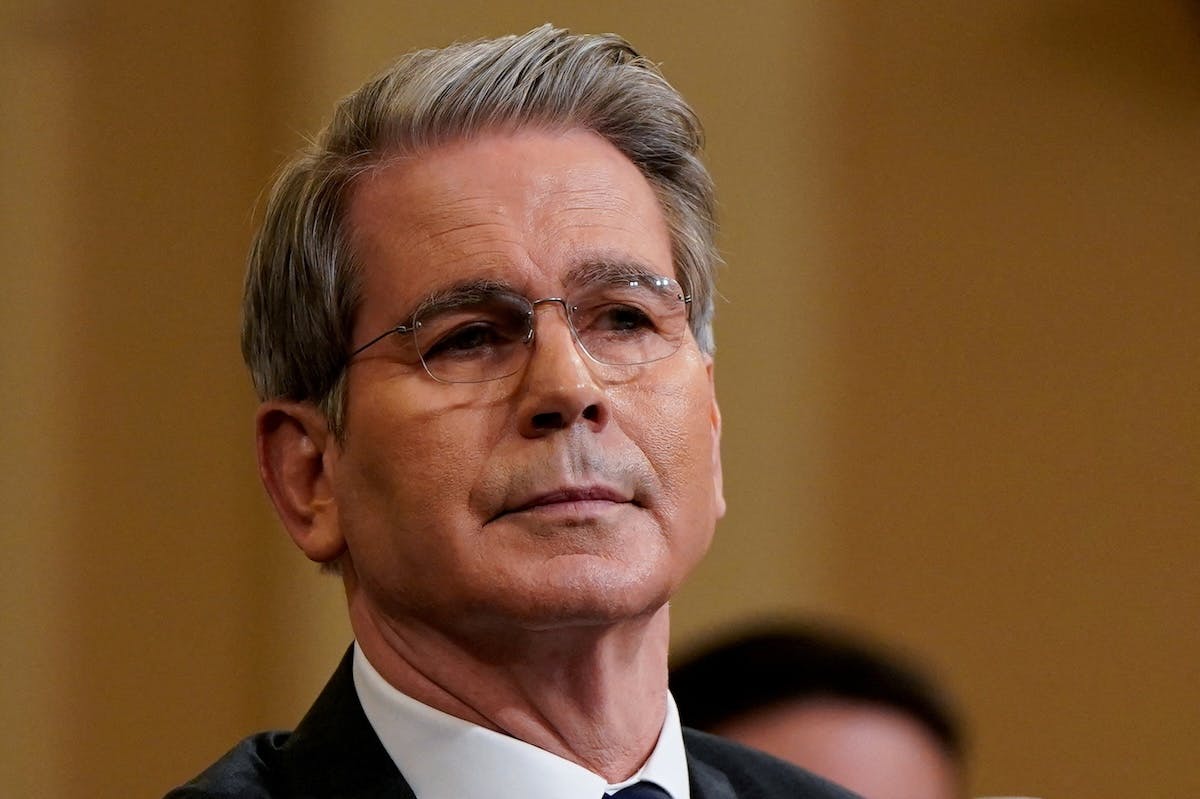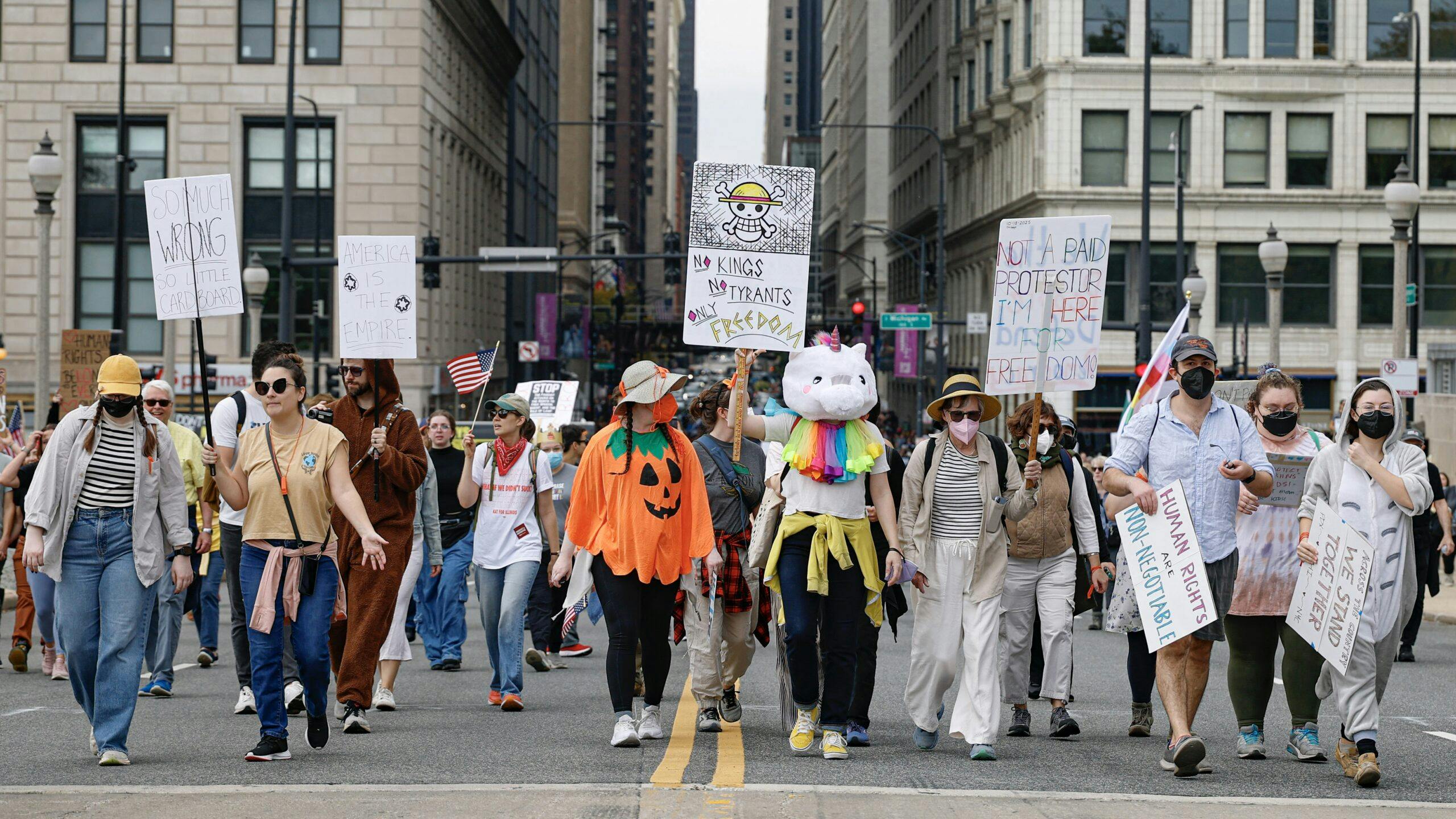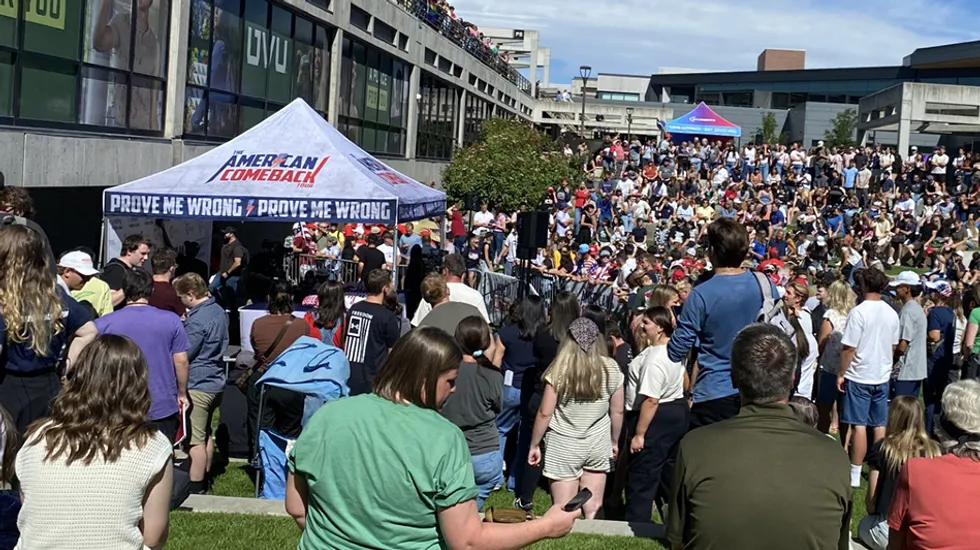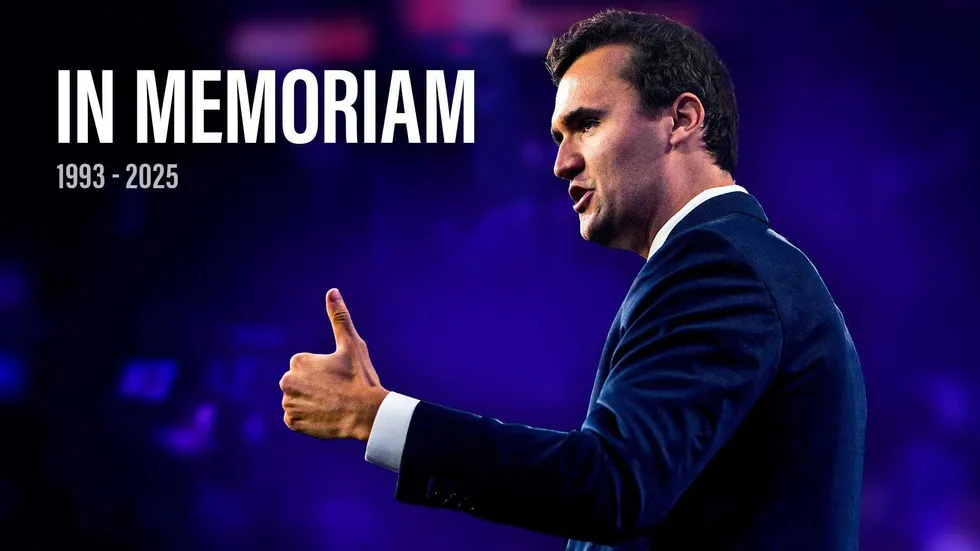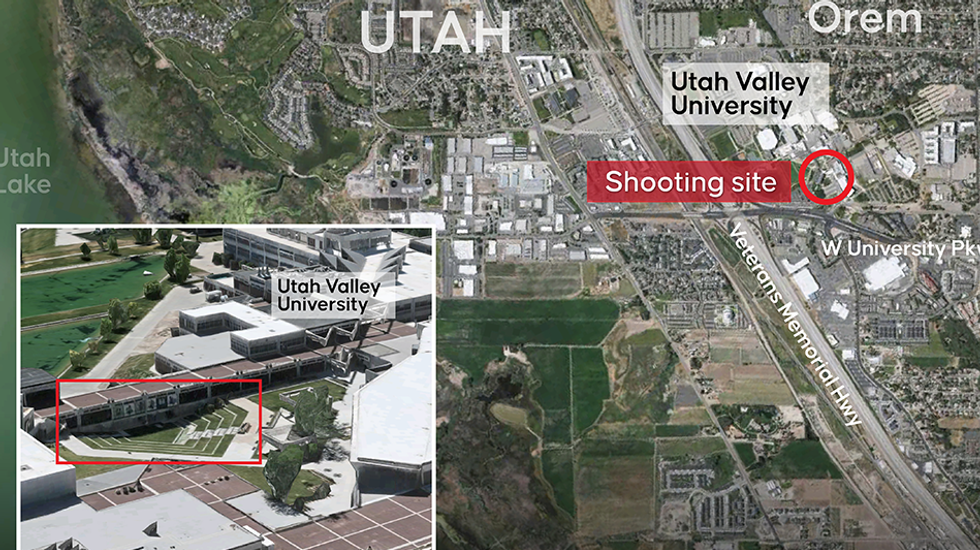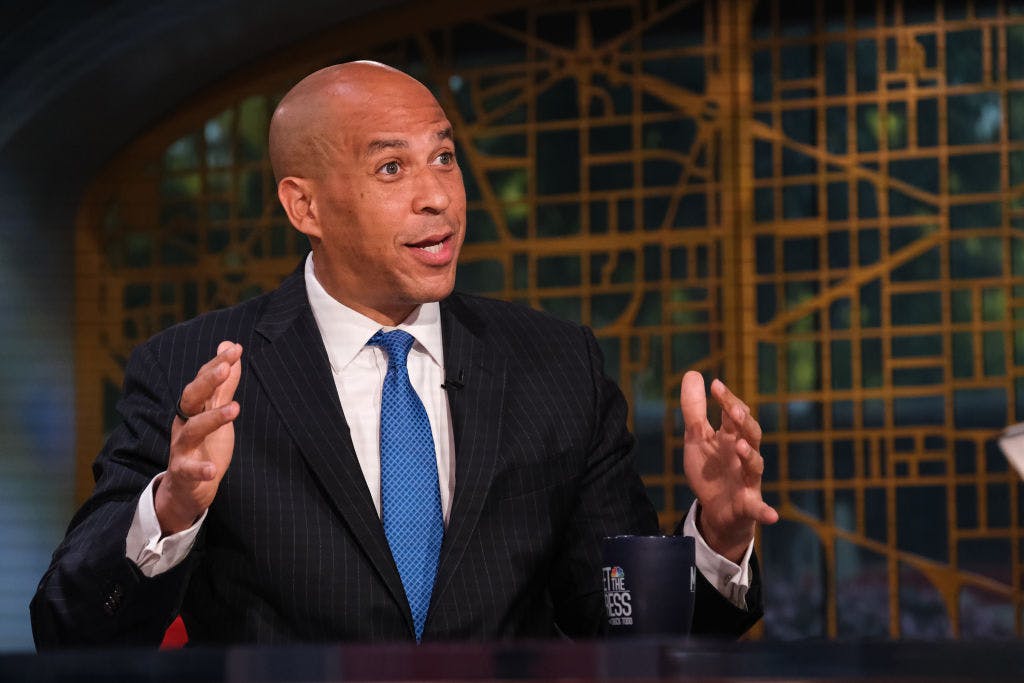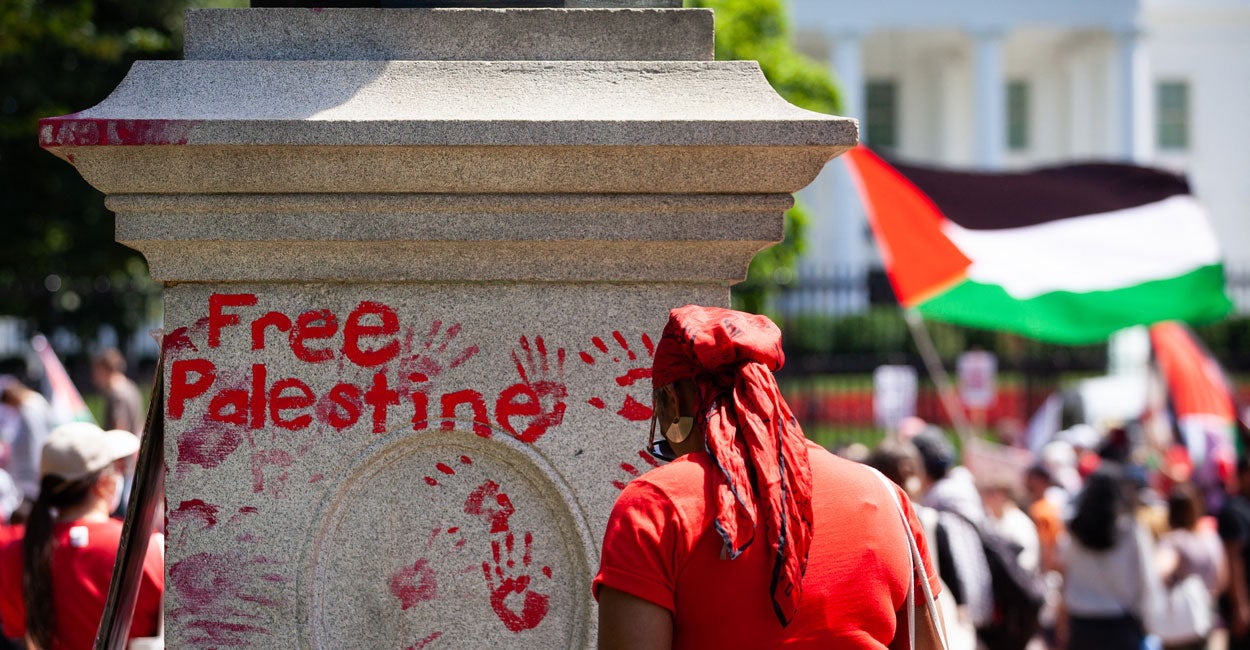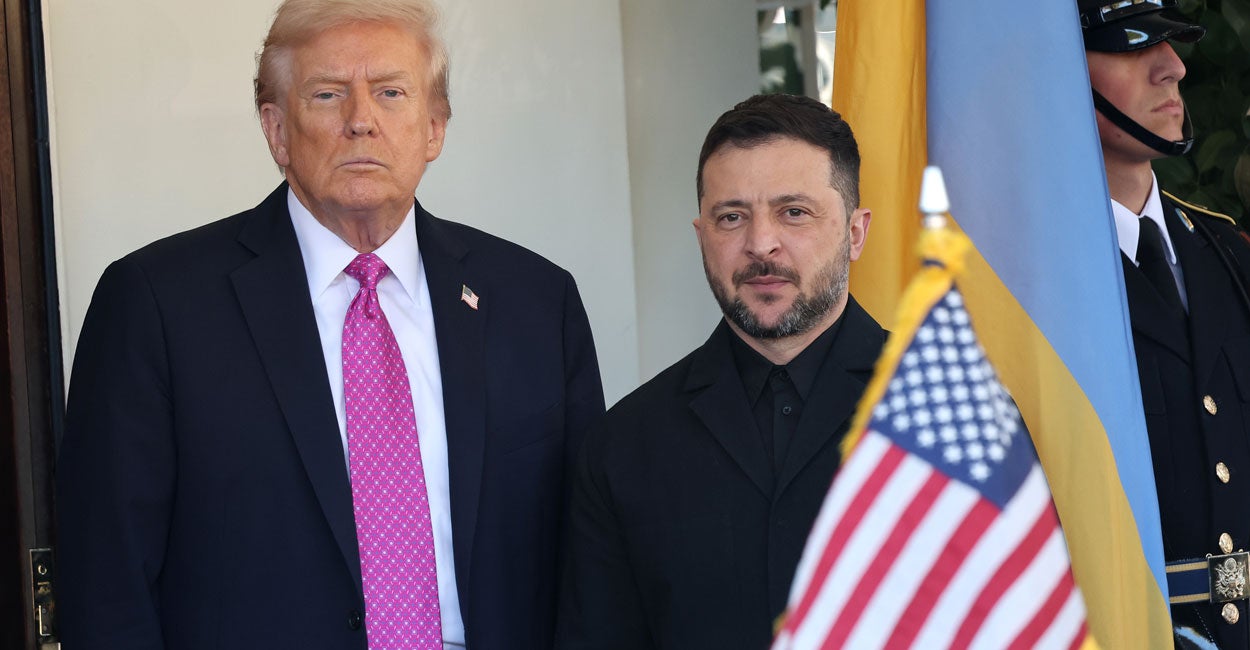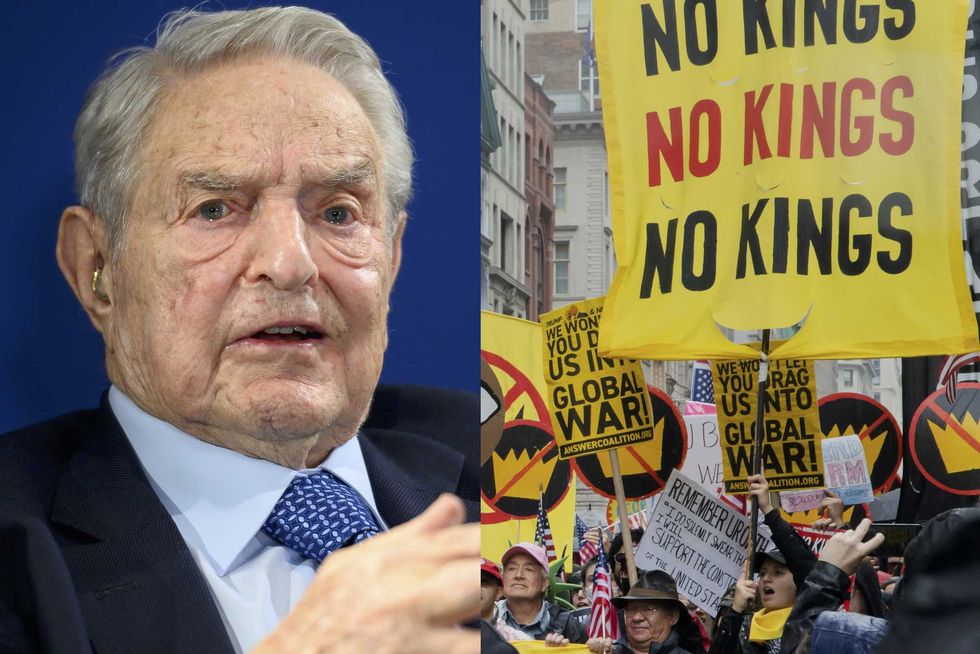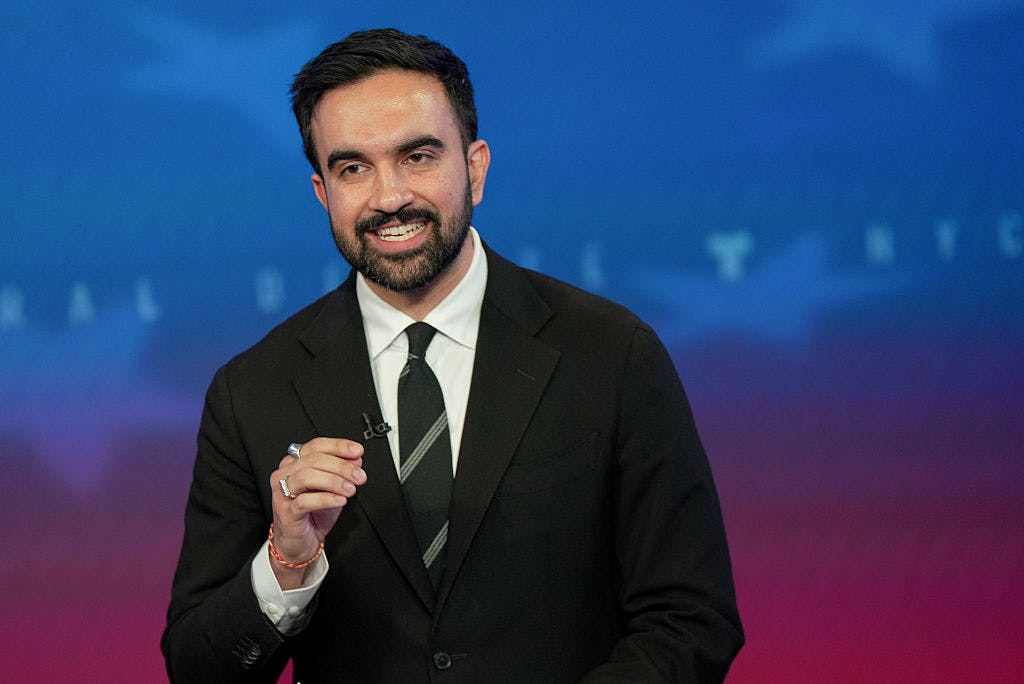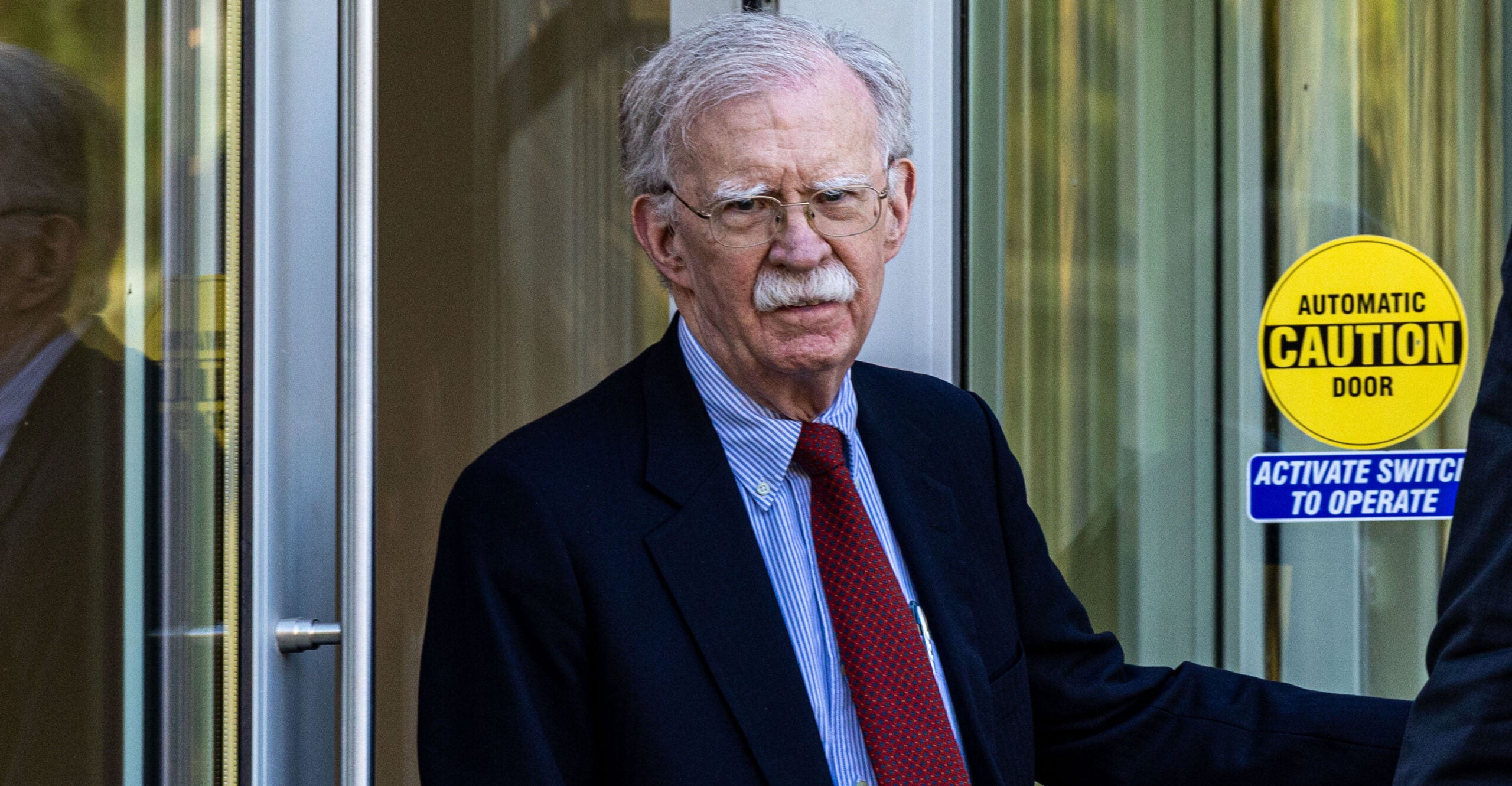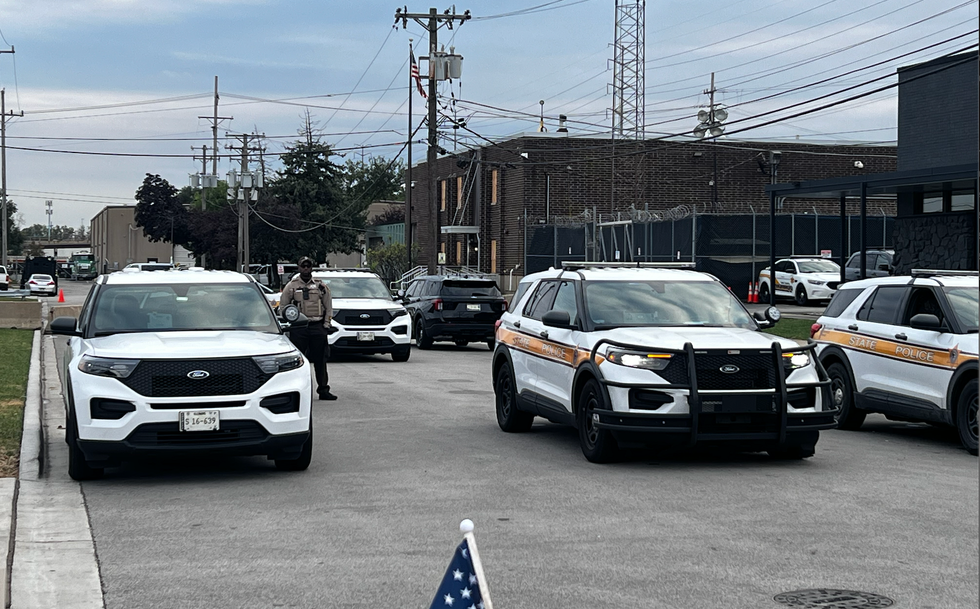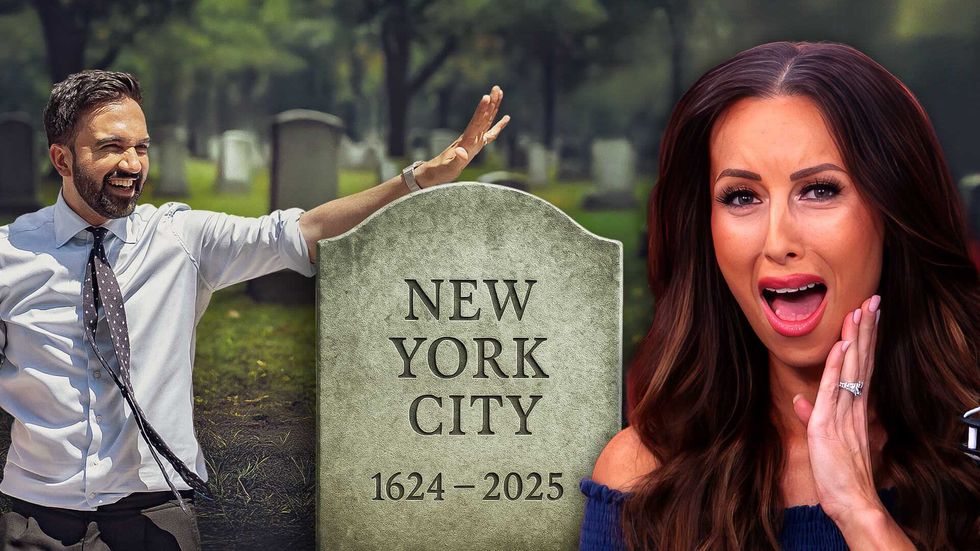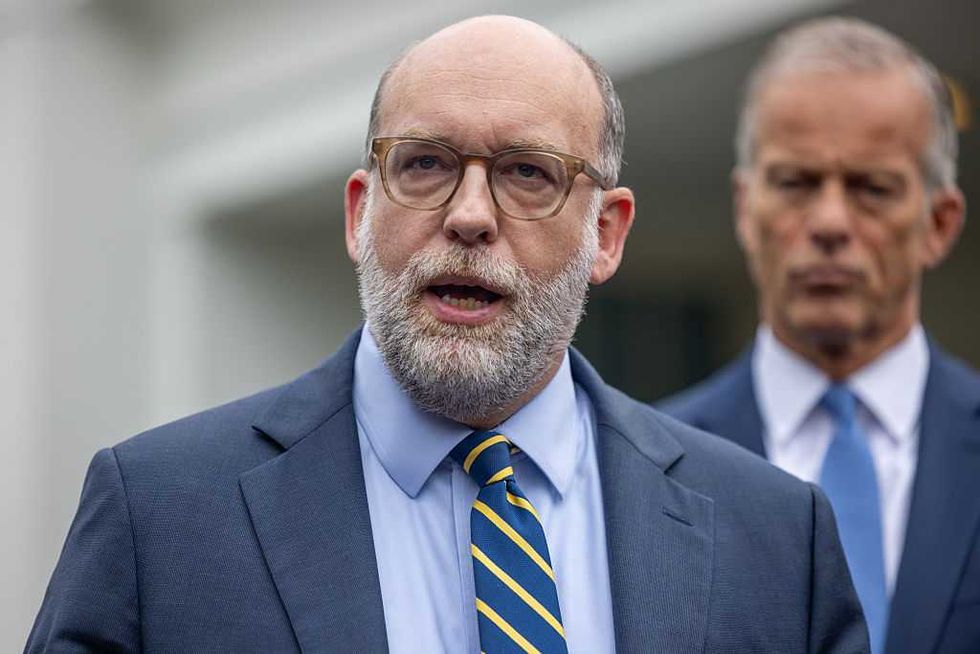Lincoln Was a ‘Threat to Democracy’
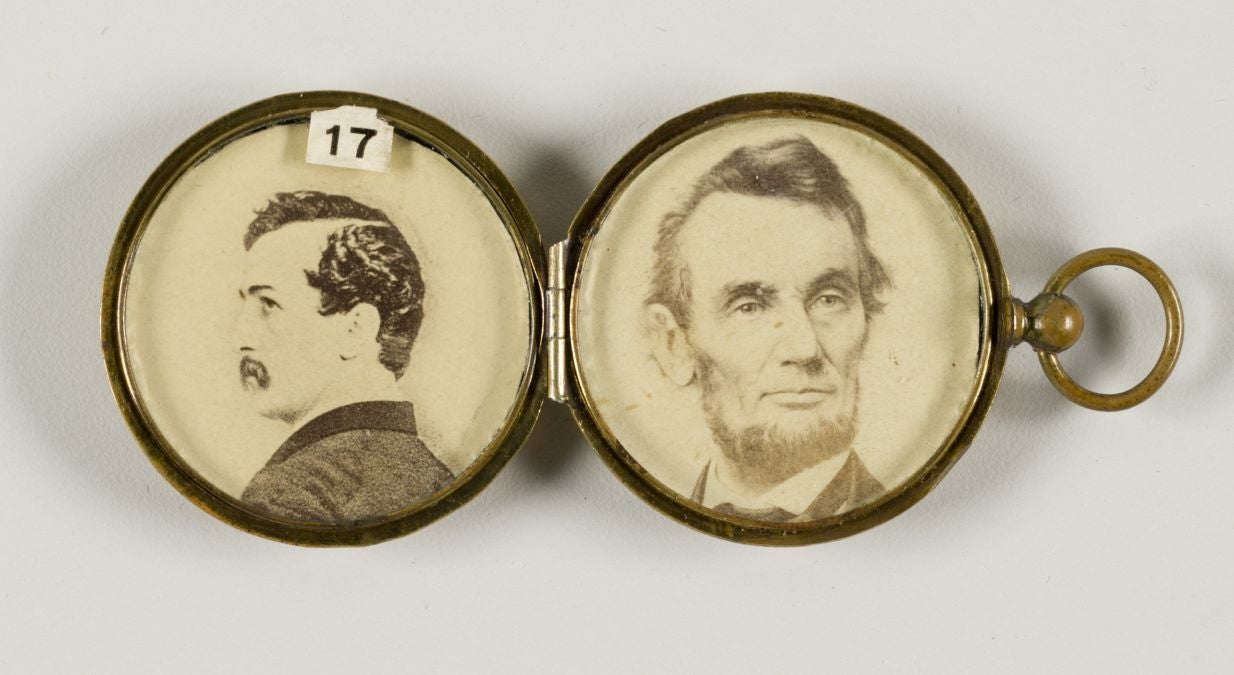
One hundred sixty years ago tonight, at Ford’s Theater, John Wilkes Booth put a bullet in the head of President Abraham Lincoln. What motivated the 26-year-old actor? Fame?
No, he had plenty of that. His photos were outsold only by Honest Abe himself.
Acclaim?
No, contrary to tales told in school that he was jealous of the critical raves afforded his father Junius and brother Edwin, Booth earned reviews any young actor would die for. He even refused to perform under his real name until he earned reviews worthy of the name.
To avenge the Confederacy’s defeat? You’re getting closer. Booth raged and despaired over the suffering incurred by the South.
Actually, John Wilkes Booth told us his motivation. After shooting Lincoln and making his dramatic leap to the stage, Booth shouted “Sic Semper Tyrannis!” (“Thus always to tyrants.”) Or to put it another way, “Lincoln was a threat to democracy.”
Threat to Democracy
Twice last summer, amid a daily drumbeat from former President Joe Biden, Democrats, and the media that Donald Trump was a “threat to democracy,” a budding tyrant, two would-be assassins came very close to killing him. Ryan Routh was charged Thursday in Florida for his attempt.
A recent study indicates 55% of self-described leftists think the assassination of Trump would be “justifiable.” Given the rhetoric, given the vast numbers with a similar heart, it’s no wonder Routh thought he was doing the world a favor.
“Everyone across the globe from the youngest to the oldest know [sic] that Trump is unfit to be anything, much less a U.S. president,” Routh wrote in a letter found after his arrest. “U.S. presidents must at bare minimum embody the moral fabric that is America and be kind, caring and selfless and always stand for humanity.”
So did Booth, who wrote while on the run:
Our country owed all her troubles to him, and God simply made me the instrument of his punishment.
A country that groaned beneath this tyranny, and prayed for this end, and yet now behold the cold hands they extend to me.
Booth grew increasingly dismayed at being vilified and rejected.
I am here in despair. And why? For doing what Brutus was honored for. What made Tell a hero? And yet I, for striking down a greater tyrant than they ever knew, am looked upon as a common cutthroat.
In a letter attempting to justify his actions, Booth wrote:
When Caesar had conquered the enemies of Rome and the power that was his menaced the liberties of the people, Brutus arose and slew him. The stroke of his dagger was guided by his love of Rome. It was the spirit and ambition of Caesar that Brutus struck at.
Oh, that we could come by Caesar’s spirit,
And not dismember Caesar.
But, alas!
Ceasar must bleed for it.
Booth, a man steeped since birth in Shakespearean drama, sought the death of Lincoln as Shakespeare’s Brutus did Caesar’s. This fear stemmed not from what the president had done, but from the belief that with his enemies conquered, Lincoln would keep his war powers and reign as a tyrant.
This gets to one of the most tragic elements of Lincoln’s assassination, positively Shakespearean in its awfulness.
John Wilkes Booth failed to realize that with the war over, Lincoln was the best friend the South had. And Booth had a role to play. The greatest of his life.
A Terrible Missed Opportunity?
Lincoln wanted a gentle reconciliation between North and South, “with malice toward none, and charity for all.” Many powerful forces around him had plenty of malice toward the Confederacy, and no mood for charity. Those in the South whose towns had been laid waste and their sons laid to rest by the hundreds of thousands, would also have trouble with reconciliation.
Lincoln’s mission of unifying the country in peace looked to be as difficult as winning the war. He would need all the help he could get.
Author Michael Kauffman discovered an intriguing tidbit when researching his book “American Brutus.” A worker at Ford’s Theater saw Booth hand an attendant a card, and the attendant bring the card into the Presidential Box.
What happened next is not known. But is it not possible that Lincoln received Booth’s card, and knowing Booth’s fame, his oratory gifts and his sympathies, realized the actor could prove very valuable in helping “bind the nation’s wounds”? Who better than America’s First Family of Theater to help bring the nation together? Perhaps the theater-loving president even knew the three acting Booth brothers would be sharing the stage at a benefit the following week.
With the war over and the comedy romp “Our American Cousin” playing out beneath him, did Lincoln see in Booth’s card a golden opportunity? Is it not likely an excited Lincoln told the attendant, “Yes, send Mr. Booth in”?
Rather than summon a potential partner, Lincoln summoned his own executioner. Booth killed not only the president, but all hope for a gentle reconciliation.
How much better for his beloved South had Booth pulled up a chair instead of a pistol?
How much better for our nation and their own dreams if liberals sought Trump’s cooperation rather than destruction?
The future is in their hands. The 55% who believe Trump’s assassination would be justified would heed well the lesson of John Wilkes Booth.
After being cornered in a barn in Port Royal, Virginia and shot, Booth looked down at his hands and uttered his final words: “Useless. Useless.”
The post Lincoln Was a ‘Threat to Democracy’ appeared first on The Daily Signal.
Originally Published at Daily Wire, Daily Signal, or The Blaze
What's Your Reaction?
 Like
0
Like
0
 Dislike
0
Dislike
0
 Love
0
Love
0
 Funny
0
Funny
0
 Angry
0
Angry
0
 Sad
0
Sad
0
 Wow
0
Wow
0
